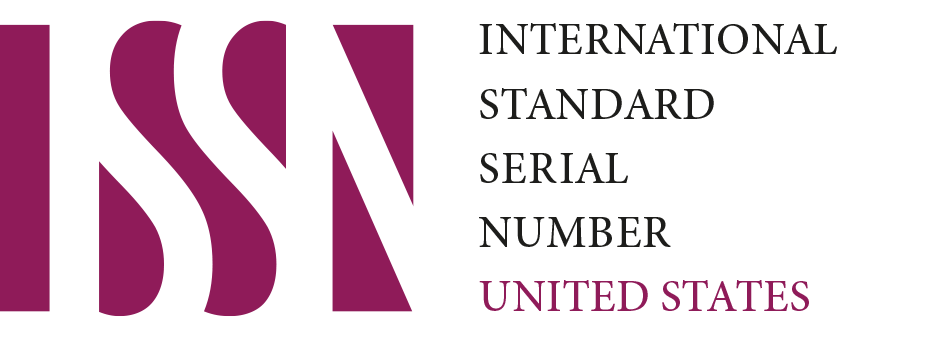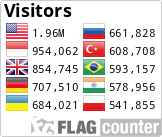The Policy of Islamic Religious Education in Indonesia during the New Order Era (1966-1998)
DOI:
https://doi.org/10.59613/global.v2i6.194Abstract
During the New Order era, Islamic education in Indonesia experienced significant growth and advancement in both quantity and quality compared to the preceding period. The New Order government had distinct characteristics in its administration of Islamic education by making it mandatory at primary, secondary, and tertiary levels of schooling. Additionally, Islamic educational institutions, such as madrasahs and pesantrens, began to gain recognition. These institutions received attention for the provision of facilities that met government standards. Islamic education held a recognized position on par with other forms of education at a national level. The development of the education sector was rooted in the country’s philosophy of Pancasila, aiming to shape individuals as Pancasila-oriented agents of development. The goal was to nurture physically and spiritually healthy Indonesians, equipped with knowledge and skills. Therefore, these individuals were expected to have the capability of fostering creativity and responsibility, cultivating a democratic attitude and tolerance, developing high intelligence alongside noble character, and nurturing love for the nation and fellow humans, as outlined in the 1945 Constitution.
Downloads
Published
How to Cite
Issue
Section
License
Copyright (c) 2024 Khamam Khosiin, Abdulharis Abdulharis, Nurhakim Nurhakim, M.Nurul Humaidi

This work is licensed under a Creative Commons Attribution 4.0 International License.













